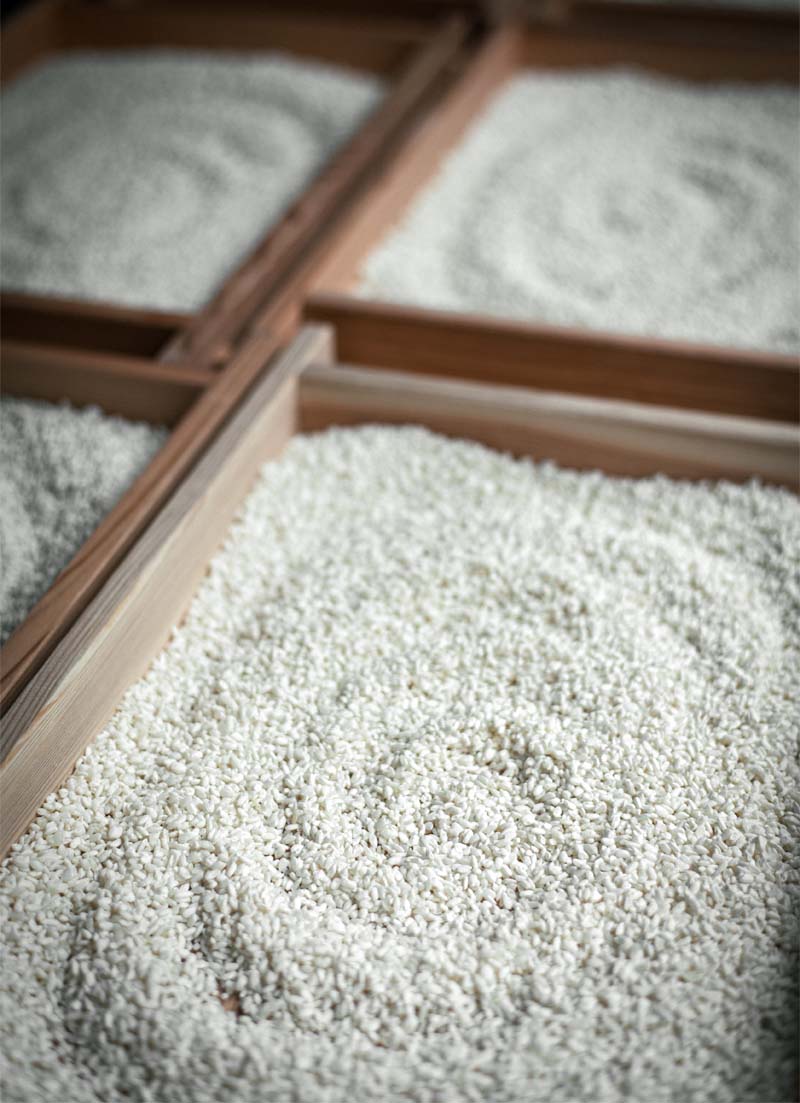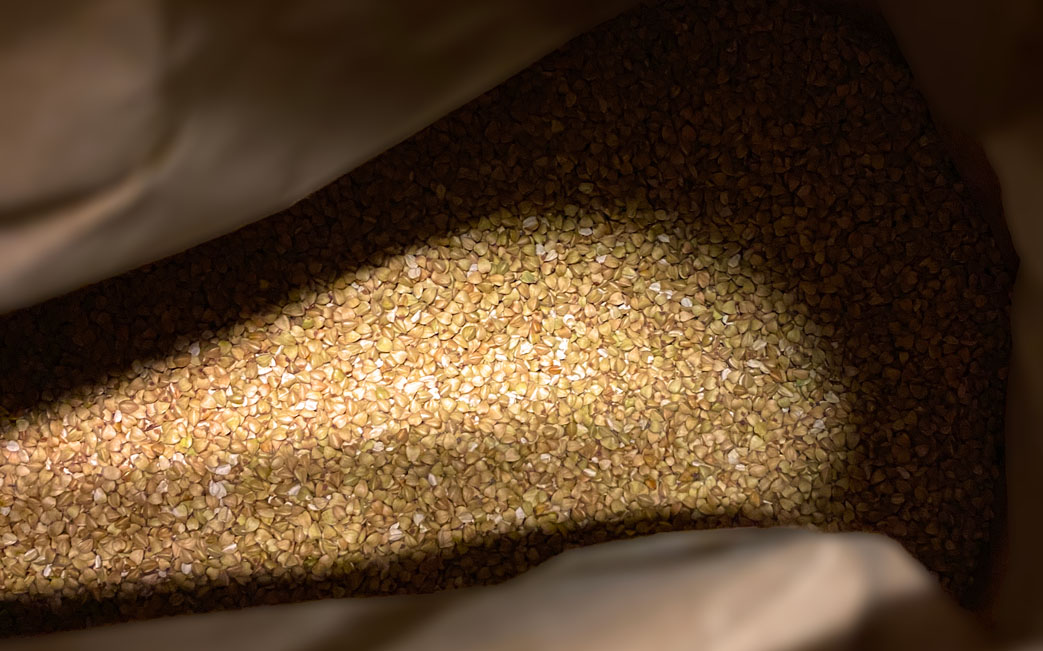Chorosophy
Time
In my previous corporate life, time was an enemy I couldn’t escape. Whether stuck in meetings where I wasn’t the key participant, constantly glancing at my watch, or grappling with the aging process, I found myself resenting the relentless march of time.
Then, I discovered fermentation, and my view of time changed fundamentally. In the realm of fermentation, time isn’t just a passive observer—it’s an active participant that adds invaluable depth and complexity to flavours. Time isn’t an enemy; it’s a collaborator in a transformative process. This realizatdion altered not just my approach to food, but also my perspective on aging and life itself. I came to understand that as time moves forward, it doesn’t just age us; it matures us, deepening our flavours, if you will, in the grand recipe of life.
So let’s honour time, not as a foe, but as a force that makes things better. Let’s appreciate the nuances it brings into our lives and our ferments.

Barrels
In an era where stainless steel containers offer simplicity and sterility, one might wonder why I choose to embrace the age-old tradition of wooden barrels for fermentation. The answer lies in the living community within the wood—our microbial allies that make each brew uniquely mine, yet universally ours. These barrels are more than containers; they are ecosystems that evolve and grow, intimately tied to the microorganisms they house. Each visitor to my studio contributes to this vibrant microbiome, their own microbes mingling with those in my barrels. Over time, this creates a signature taste and aroma that reflects not just my own influence, but the collective essence of everyone I’ve encountered. It’s a flavor shaped by community, by interaction, and by life itself. This is the irreplaceable beauty of aging in wooden barrels.

Buckwheat
In traditional capitalism, growth is often pursued relentlessly, measured in returns to stakeholders and increases in company revenue. But this drive for growth poses a troubling question: Are we depleting the earth’s natural resources, making it uninhabitable for future generations? I’ve always used local, organic grains to produce my products, reducing food miles and environmental impact. But I’ve often wondered: Is that enough? Can we truly give back to nature while simultaneously growing our businesses? The answer, I believe, lies in buckwheat. Unlike common grains and legumes used in fermentation, buckwheat blooms into flowers that attract pollinators, fostering biodiversity. By producing products based on buckwheat, I encourage farmers to cultivate more of this remarkable plant, contributing to ecological health. The consumption of buckwheat products could revolutionize our concept of capitalism. Buckwheat reminds us that we’re part of a larger ecosystem—one that we have an opportunity to improve, rather than deplete.
My Role
I am a bridge between farmers and consumers, linking the land’s bounty to your table.
I am a bridge between nature and society, translating the earth’s wisdom into sustainable practices.
I am a bridge between microbes and human senses, transforming invisible life into palpable flavors.
I am a bridge between raw ingredients and culinary delight, converting simplicity into complexity.
I am a bridge between knowledge and curiosity, turning questions into understanding.
I am a bridge between the rich tapestry of Japanese history and the ever-changing present.

